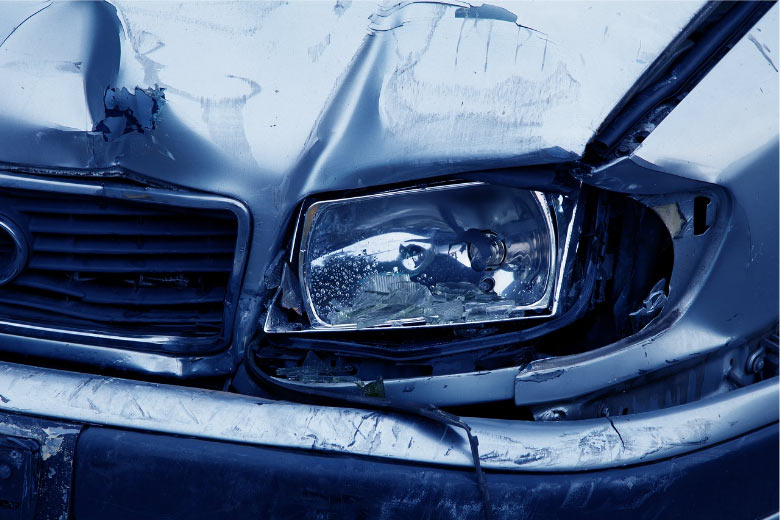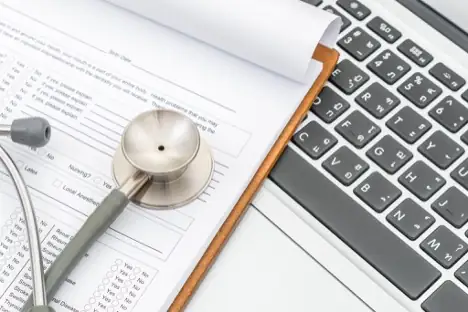
Richmond Car Accident Lawyer
Car accidents are an unfortunate reality on our roads. If you’ve been involved in a car accident in Richmond or anywhere in Indiana, you need the assistance of a qualified and compassionate Richmond car accident lawyer who can fight for your right to compensation.
At Christie Farrell Lee & Bell, our car accident law firm brings decades of experience and deep knowledge of Indiana law to guide you through this difficult time. We are dedicated to helping you navigate the complex legal system, with the ultimate goal of securing the compensation you rightfully deserve.










